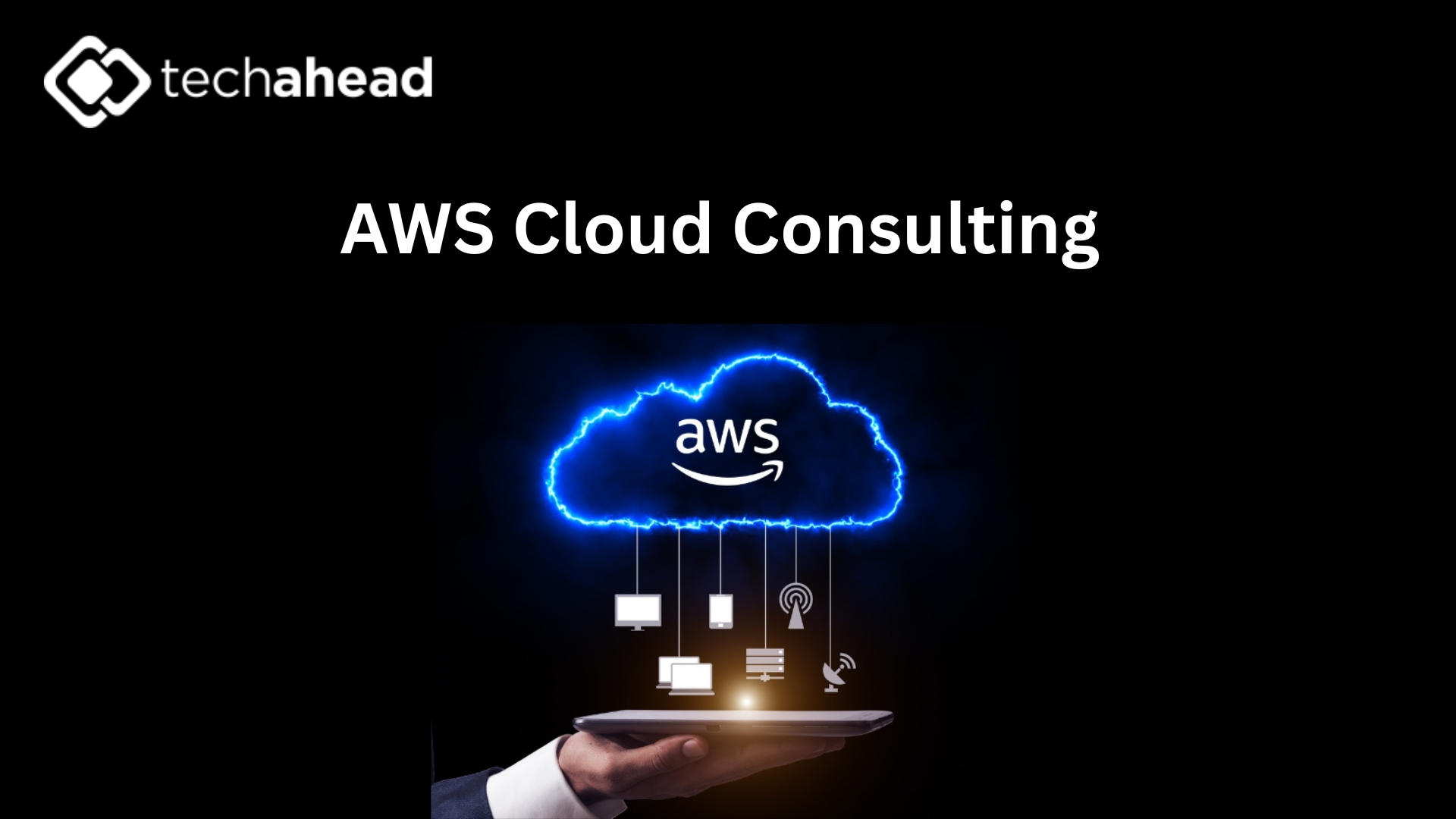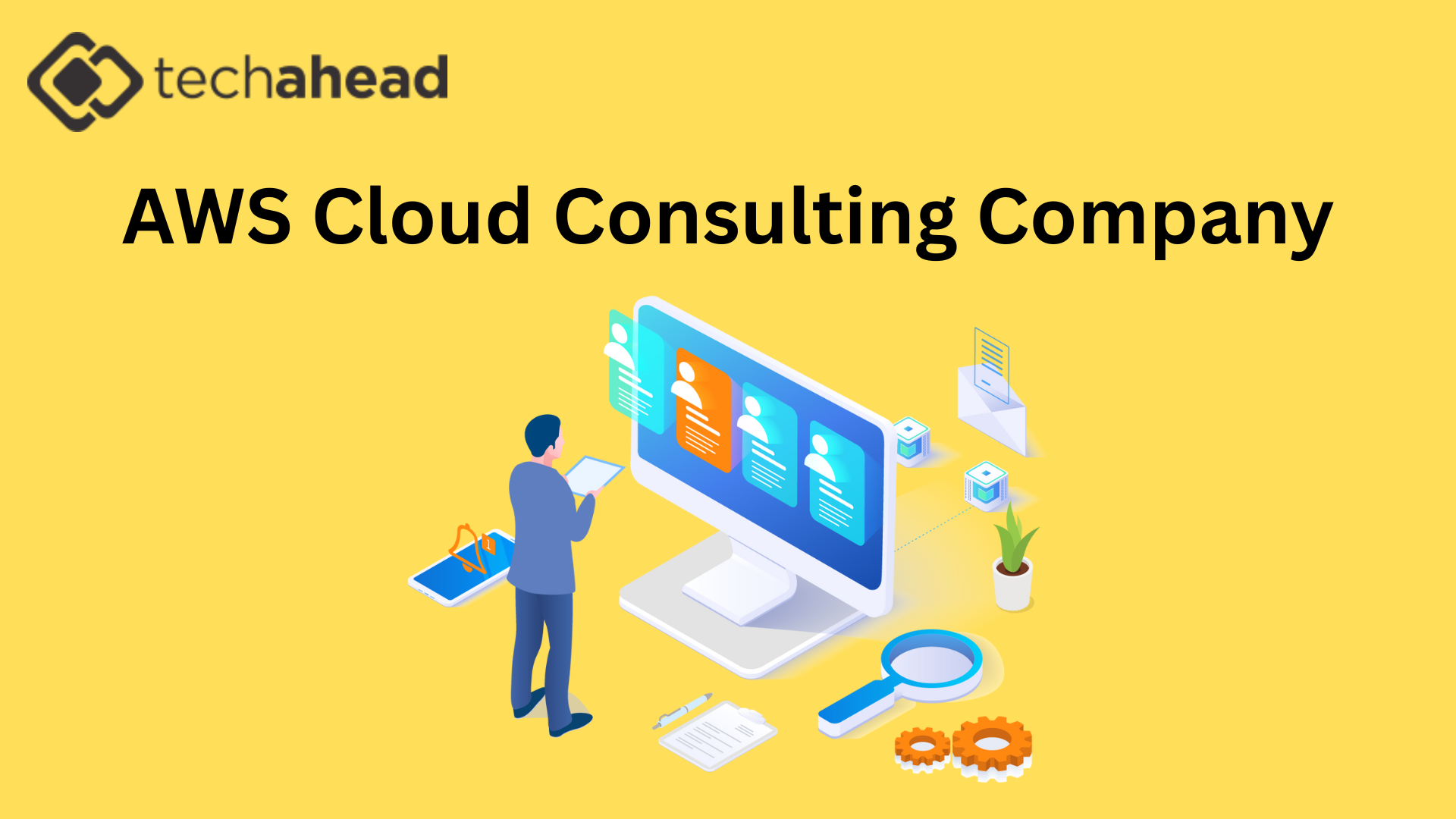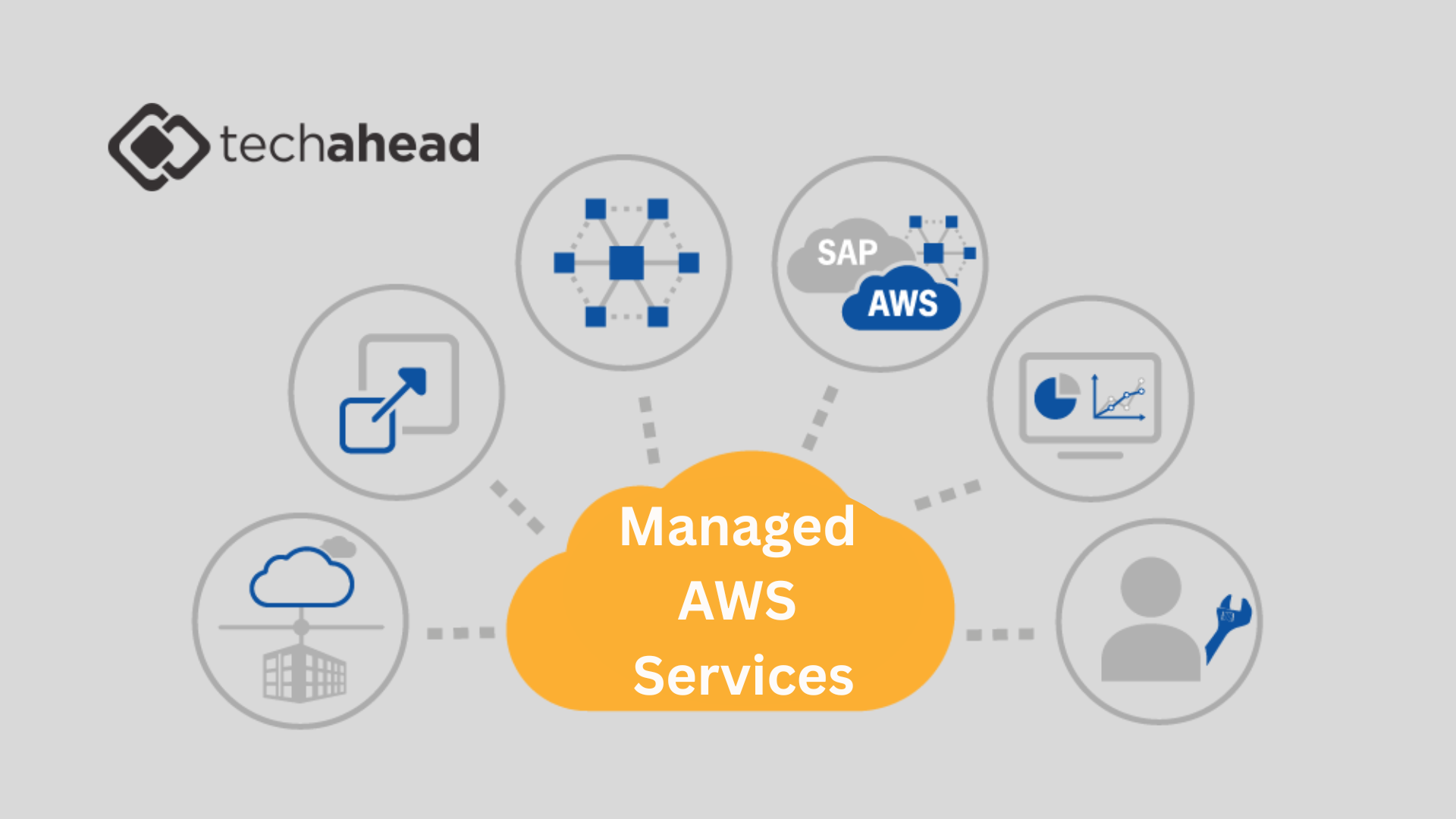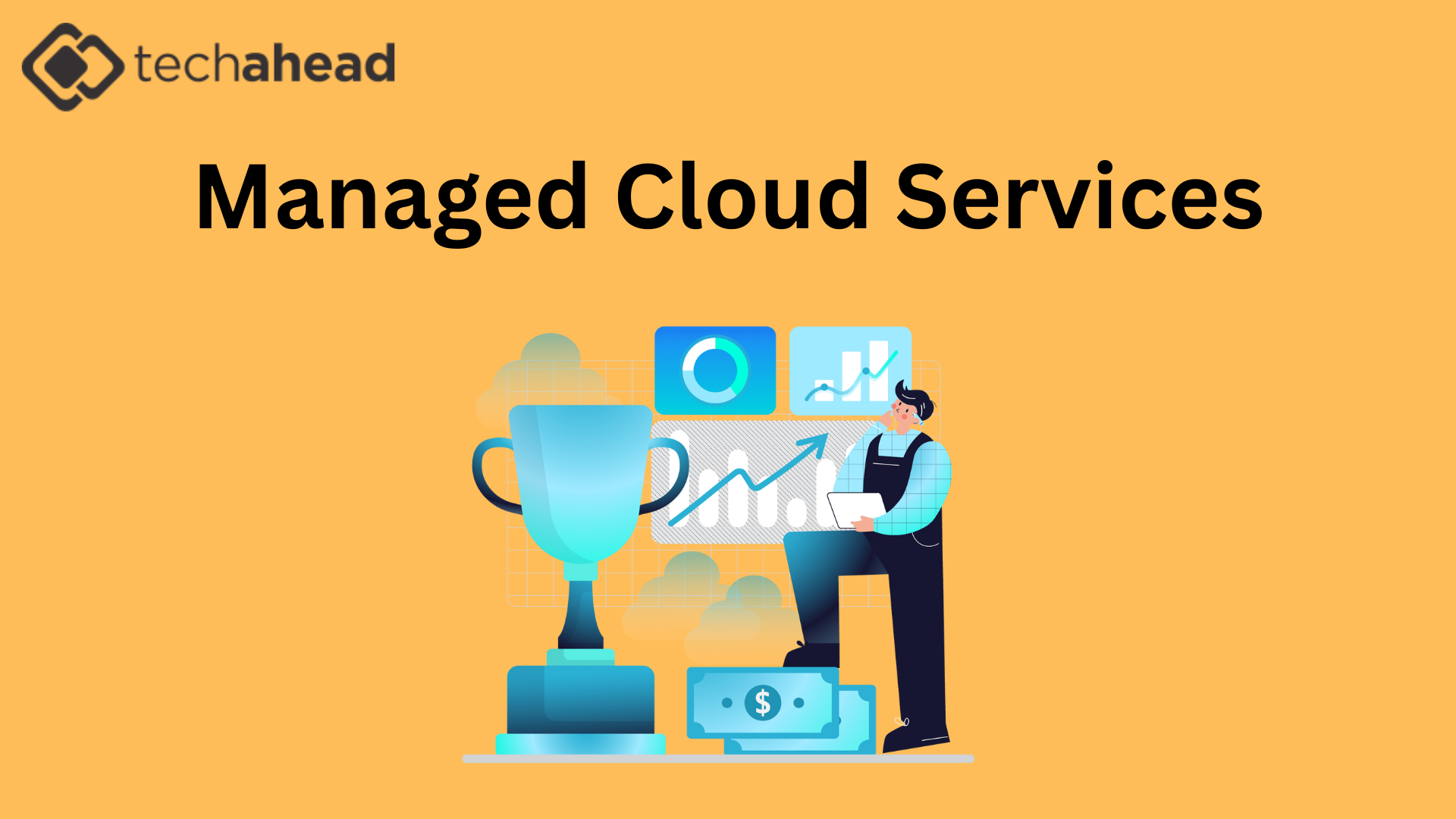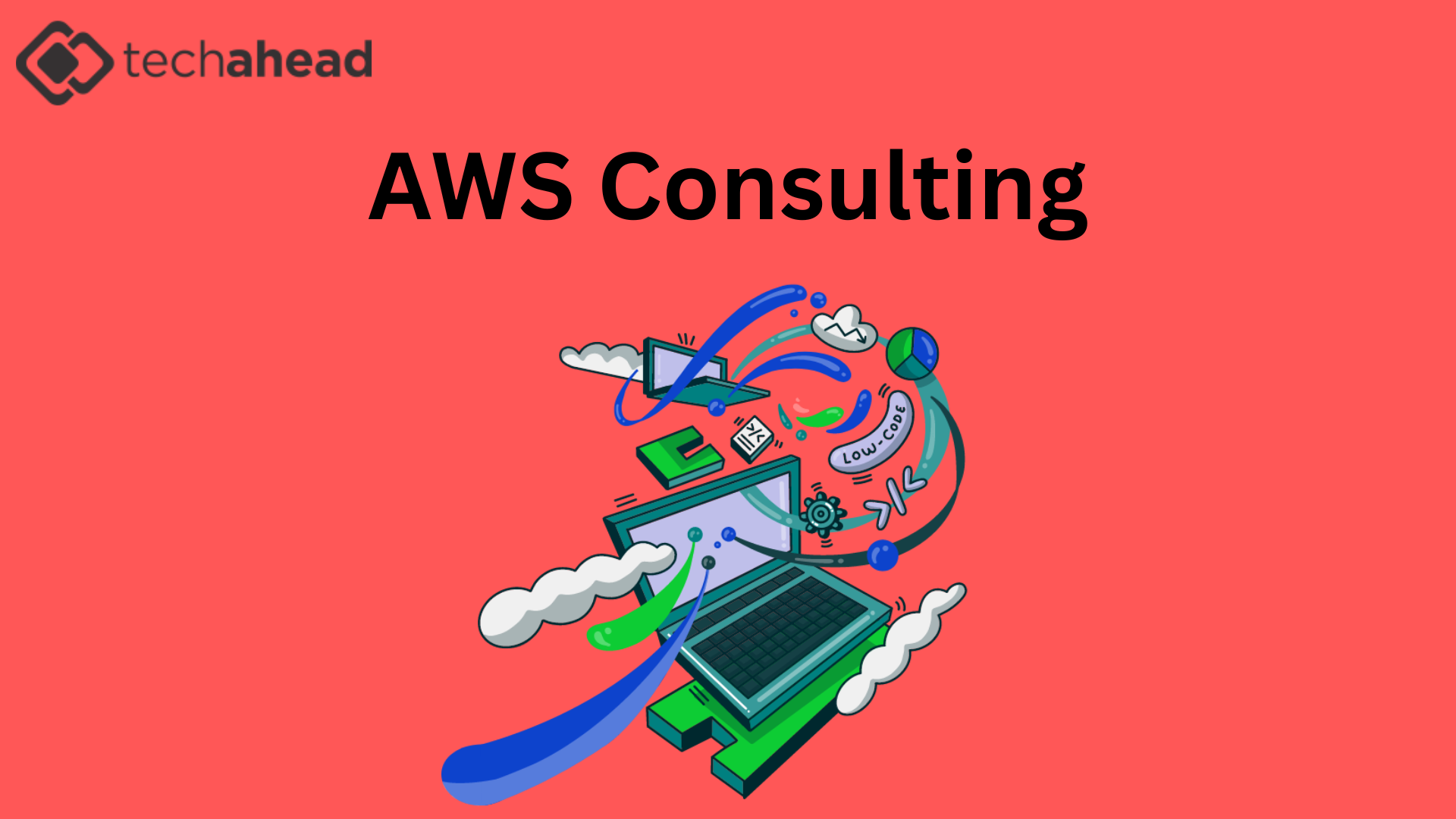How Cloud Consultants Help Businesses Maximize Their AWS Investments
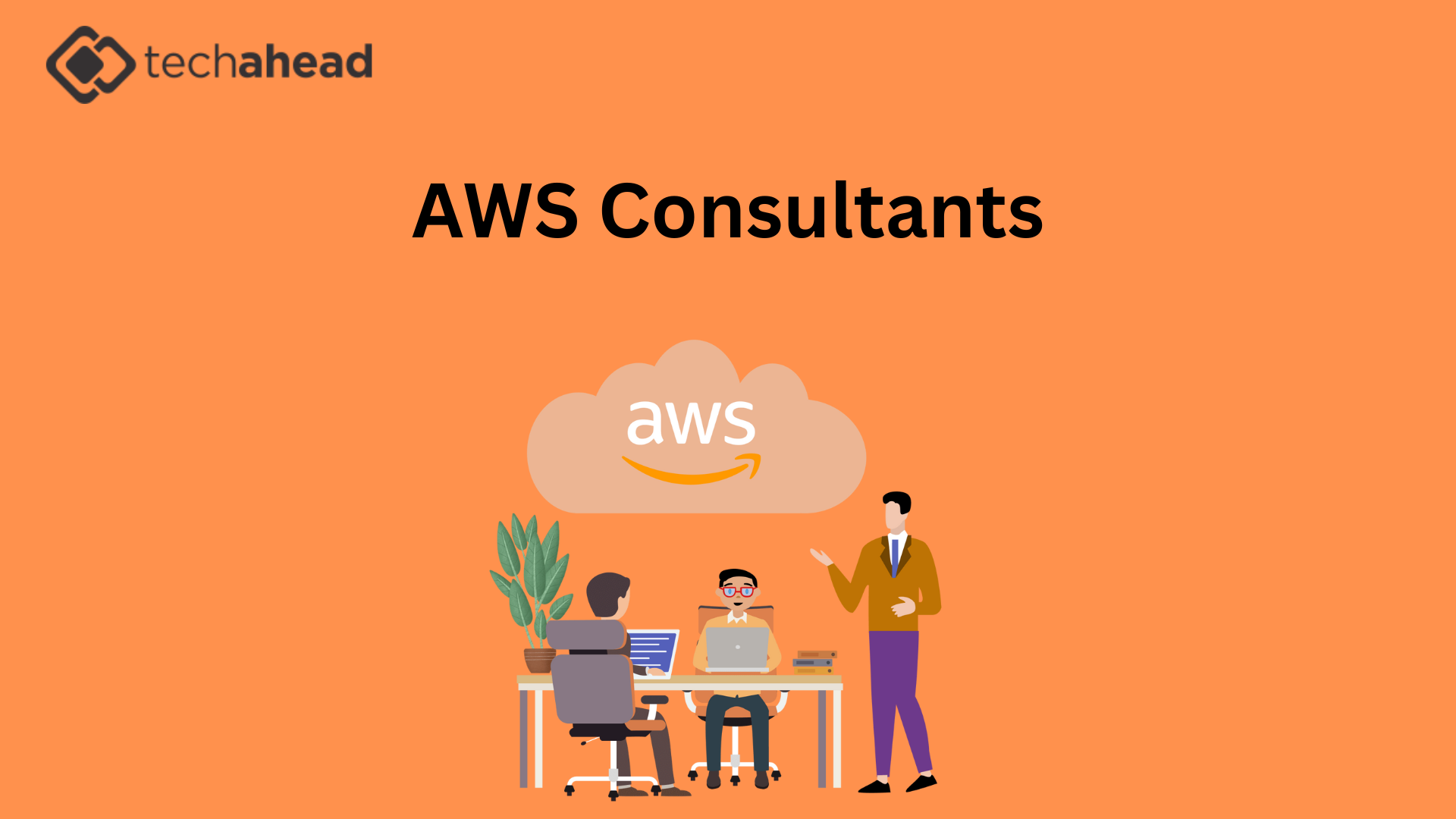
Strong 8k brings an ultra-HD IPTV experience to your living room and your pocket.
Let’s be honest migrating to Amazon Web Services (AWS) is a smart move. The platform is powerful, scalable, and packed with services that can transform how your business operates. But here’s the thing: Unlocking the full potential of AWS isn’t just about signing up and spinning up a few instances. It’s about strategy, optimization, and making sure you're not burning your budget without realizing it. That’s where AWS consultants come in.
These are the experts who live and breathe cloud infrastructure. They help businesses like yours not just use AWS, but leverage it to its fullest. So, if you’re already on AWS or thinking about jumping in, let’s walk through how cloud consultants can make that investment really pay off.
What Do AWS Consultants Actually Do?
Before diving into the value they bring, let’s quickly outline what AWS consultants typically handle:
- Cloud strategy and roadmap planning
- Architecture design and optimization
- Cost analysis and control
- Security and compliance configuration
- Migration planning and execution
- Ongoing performance monitoring
They basically become your behind-the-scenes tech partner, ensuring everything runs smoothly while helping you avoid common (and costly) pitfalls.
Key Benefits of Working with an AWS Consultant
Creating a Tailored Cloud Strategy
One size doesn’t fit all when it comes to cloud infrastructure. AWS consultants take time to understand your business goals, current systems, and future plans. They then craft a tailored strategy that aligns with your needs, whether you're aiming to improve uptime, reduce costs, enhance performance, or all of the above.
They’ll help you choose the right services, regions, and architectures to get the best performance for your money.
Optimizing Costs
Many businesses move to the cloud, thinking they’ll automatically save money. In reality, cloud bills can spiral out of control if you’re not careful. AWS has a complex pricing model, and without the right guidance, you might be overpaying for resources you don’t even use.
AWS consultants can:
- Identify underused or over-provisioned instances
- Recommend reserved or spot instances where appropriate
- Suggest automation scripts to scale the infrastructure up or down based on demand
- Analyze your usage patterns to trim unnecessary costs
This means better ROI and fewer surprises when your invoice arrives.
Streamlining AWS Migrations
Moving from on-prem to the cloud (or from another cloud platform) is a big deal. AWS consultants manage this transition smoothly and securely. They handle:
- Pre-migration assessments
- Data and application migration planning
- Downtime minimization strategies
- Testing and validation
They also ensure that performance and user experience aren't impacted during the shift, which is critical if you're running customer-facing applications.
Designing Scalable, Resilient Architectures
AWS offers a dizzying array of services, including EC2, S3, Lambda, RDS, and more. Knowing which tools to use and how to integrate them effectively is part art, part science. Consultants help design cloud architectures that are
- Scalable: able to grow with your business
- Fault-tolerant: able to withstand failures
- Efficient: using the least amount of resources for the best performance
This level of design thinking helps ensure you’re not just running in the cloud but thriving in it.
Enhancing Security and Compliance
Security in the cloud is a shared responsibility, and if you’re not fully aware of what AWS handles versus what you’re responsible for, things can slip through the cracks. AWS consultants bring best practices to the table, helping you:
- Encrypt data in transit and at rest
- Set up Identity and Access Management (IAM) properly
- Implement regular security audits
- Ensure compliance with standards like HIPAA, GDPR, SOC 2, etc.
This reduces your risk exposure and helps build trust with your customers and stakeholders.
When Should You Bring in AWS Consultants?
If you’re wondering whether it’s time to bring in outside help, here are some clear signs:
- You’ve migrated to AWS but aren't seeing the performance or cost benefits you expected.
- Your infrastructure has grown messy and hard to manage.
- You’re planning a major migration or product launch in the cloud.
- You need help with security, compliance, or DevOps automation.
- Your internal team doesn’t have deep AWS expertise.
In all these scenarios, bringing in consultants is not just helpful. It can be the difference between success and frustration.
Tips for Working Effectively with AWS Consultants
Be clear about your goals. Are you focused on cost savings, performance, uptime, or security? The clearer your objectives, the better your consultant can help.
Share your existing architecture documentation. This speeds up the assessment phase.
Stay involved. Don’t just hand everything off; learn from the consultants so your in-house team becomes more cloud-savvy over time.
Think long term. AWS consultants can help with one-time projects, but ongoing optimization and monitoring can unlock continuous value.
Conclusion
At the end of the day, AWS is an incredibly powerful platform—but only if used wisely. With the right guidance, you can avoid unnecessary expenses, improve performance, and unlock the scalability that cloud computing promises. That’s the value cloud consultants bring to the table.
So, whether you're just starting out with AWS or looking to improve your existing setup, working with experienced consultants ensures your cloud journey is secure, strategic, and sustainable.
Note: IndiBlogHub features both user-submitted and editorial content. We do not verify third-party contributions. Read our Disclaimer and Privacy Policyfor details.



